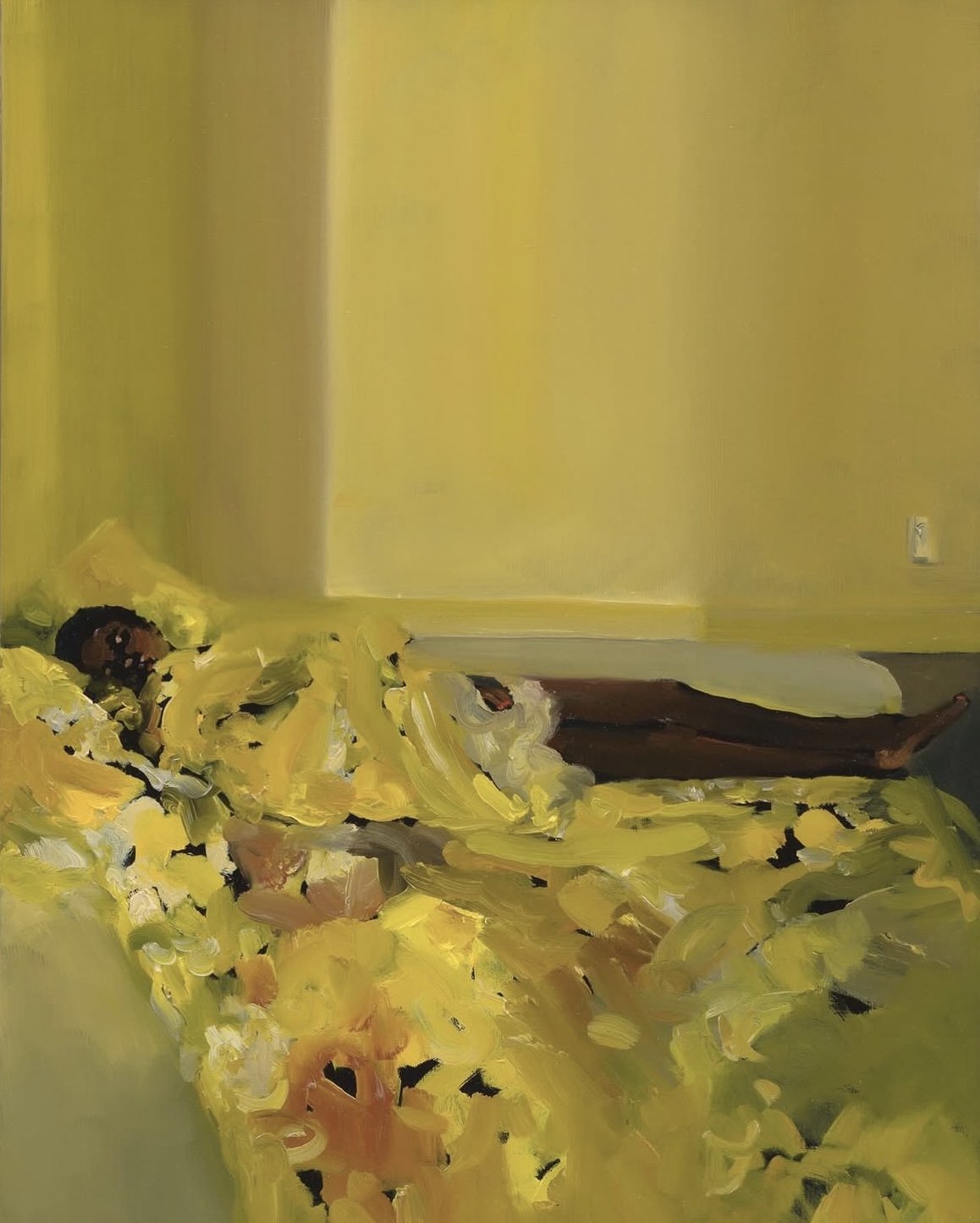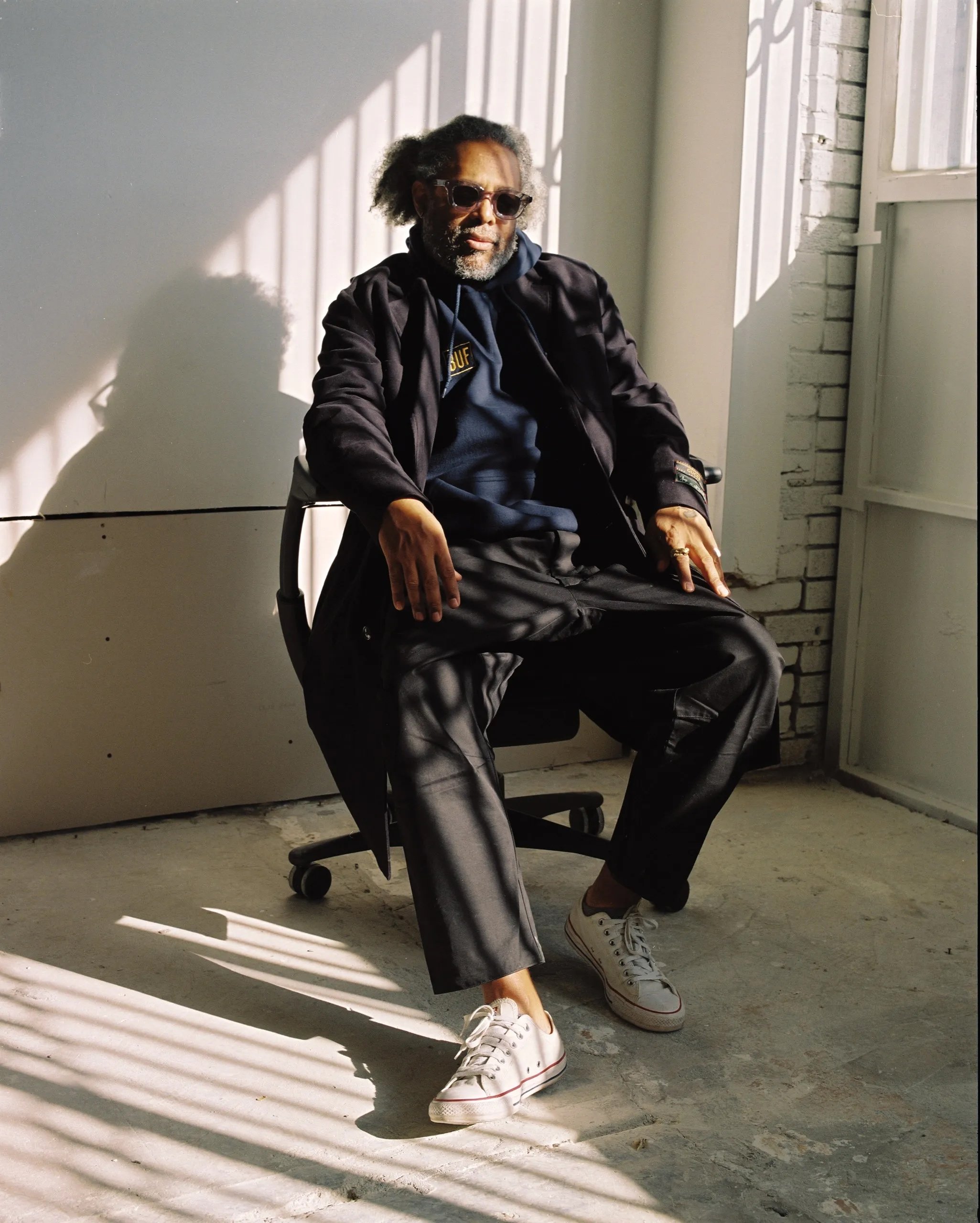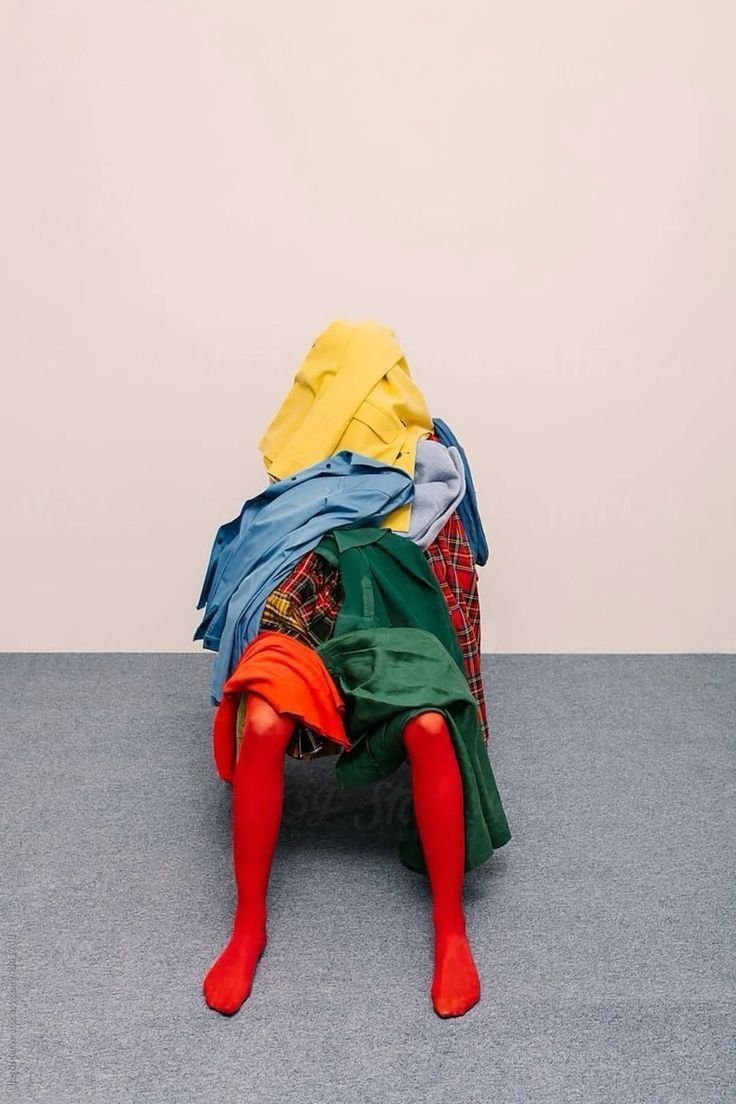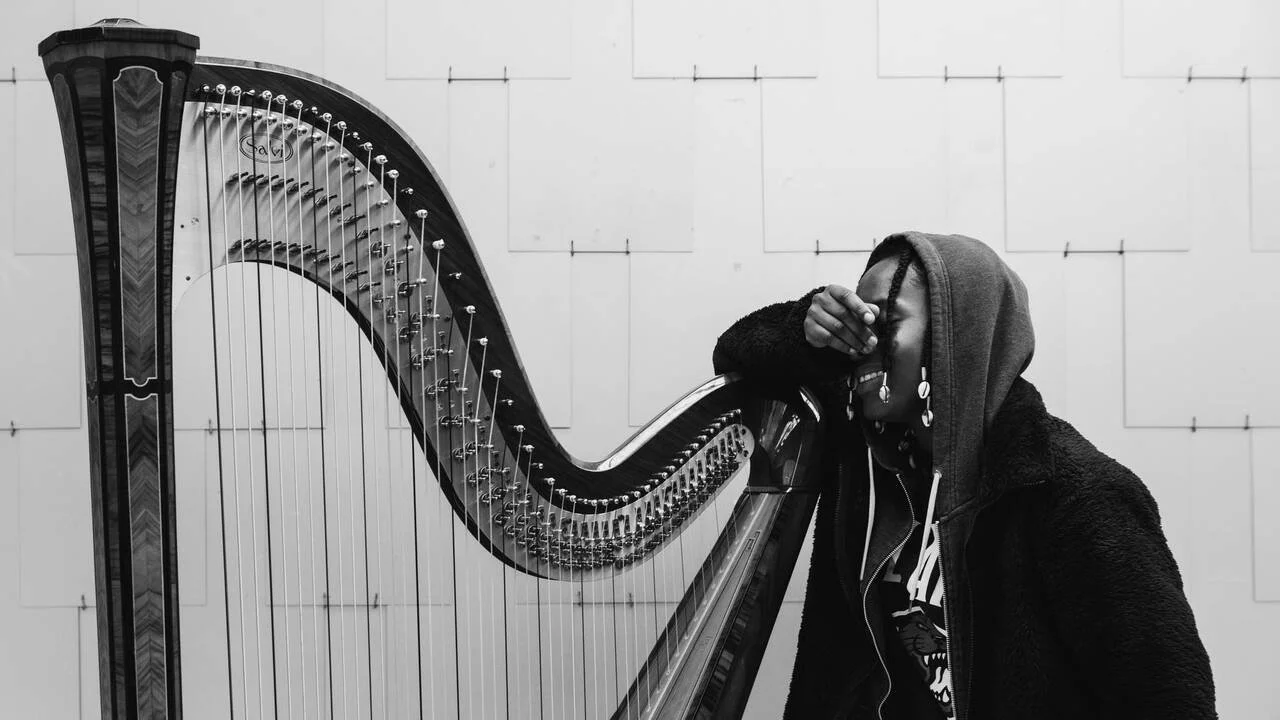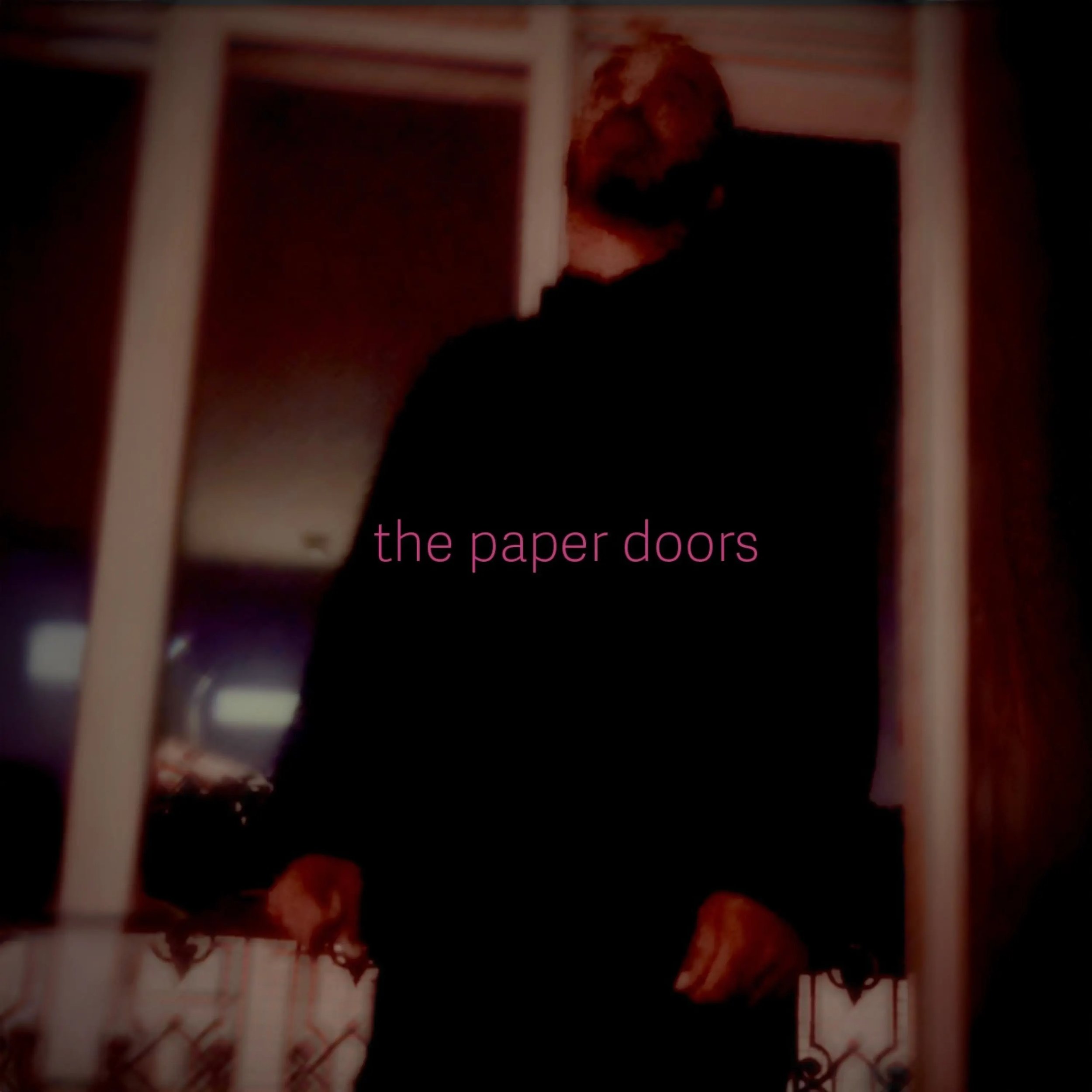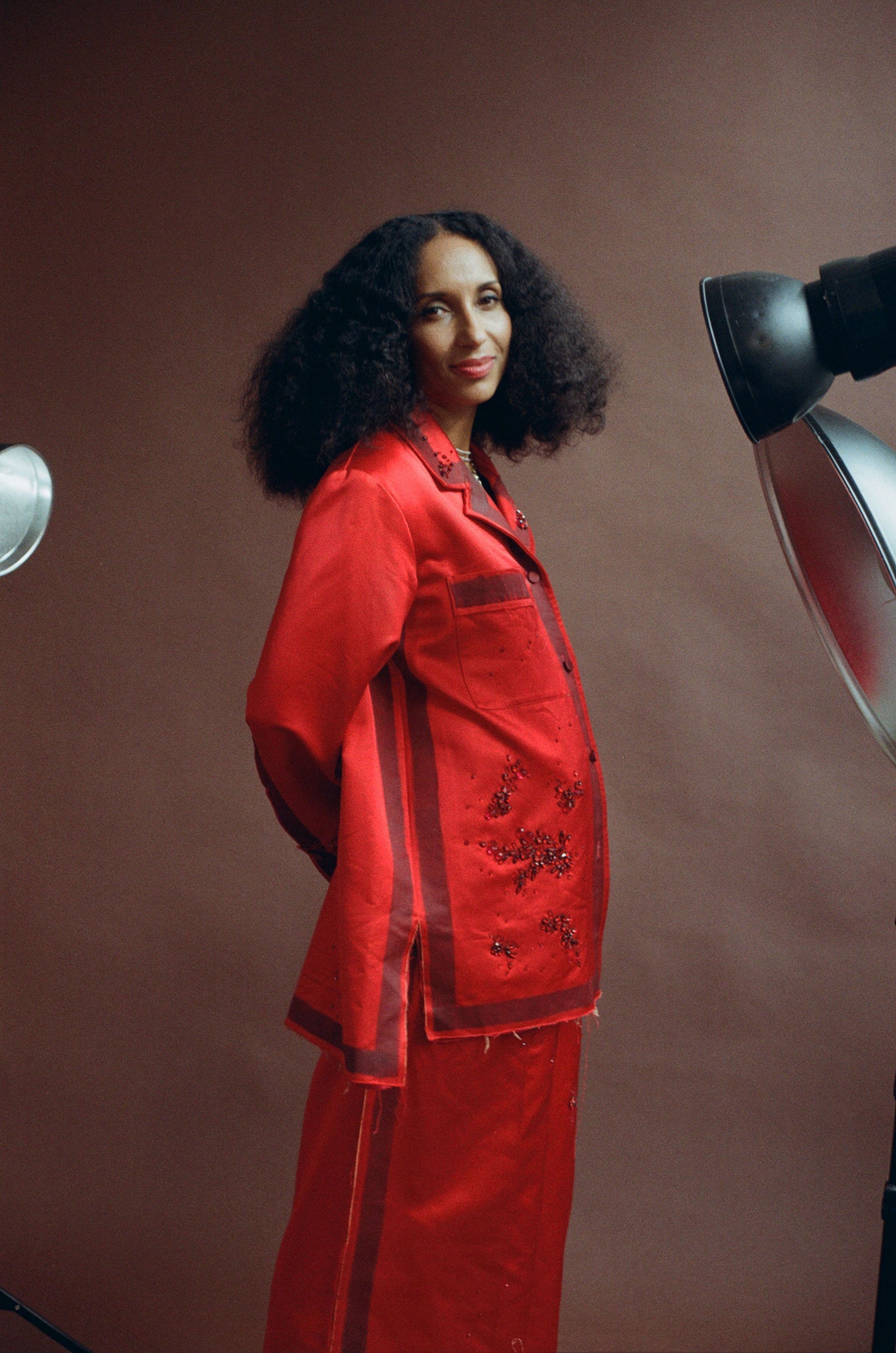Dahomey by Mati Diop: What if the Real Scandal isn’t the Restitution, but What it Reveals in France?
Mati Diop photographed by Lucas Charrier
Mati Diop didn’t just make a french film. She triggered an earthquake. Dahomey is not just a work about the restitution of 26 treasures looted by France and returned to Benin in 2021. It’s a film that exposes, with surgical precision, a nation’s discomfort with its own reflection. Cultural colonization, its ghosts, its silences. An oppressive unease that seeps through every frame.
Mati Diop won the Golden Bear at the 2019 Berlin Film Festival for her debut feature Atlantics, and then the Grand Prix at the 2024 Berlin Film Festival for Dahomey. Yet, despite these accolades, she has never graced the cover of magazines in France. Dahomey, a documentary film that is much more than just a cinematic project, carries the voice of a woman, a filmmaker, and a Black artist who, like Baldwin or Angela Davis, refuses the marginalization that French cinema still too often imposes on voices from immigrant backgrounds. Mati Diop has thus established herself as an essential figure in contemporary cinema, and her film, by its very existence, forces a conversation that France has long avoided.
« It’s not just a matter of objects. It’s a matter of history, transmission, and justice. »
A film that unsettles the French gaze
The film opens with a Parisian night, plastic Eiffel Tower trinkets sold to tourists, a Bateau-Mouche gliding along the Seine. The illusion of prestige, the postcard that France loves to project. But soon, Diop breaks the veneer: the surveillance cameras of the Quai Branly, the ghostly corridors where African artworks were stored for over a century, like faceless prisoners. It’s a film that disturbs, placing the viewer in the position of an observer to a crime never taught in history books.
« I don’t make films to reassure. I make films to question. »
In Dahomey, the artworks are not merely artifacts. They speak. Literally. One statue speaks in an almost mystical sequence, recounting its forced exile, its endless night in the storage rooms of a foreign museum. This bold approach blurs the line between documentary and spectral narrative, between the real and the invisible. Mati Diop summons a suppressed memory, giving a voice to the silences.
The restitution, presented as an act of goodwill by the French government, is here questioned. Diop films the political speeches with a cold distance, but she primarily captures the looks, silences, and doubts of the young Beninese generation. The students who wonder whether these restitutions are nothing more than a staged performance, a "theatrical gesture" by Macron. Is this the beginning of a true process, or just a symbolic act meant to appease consciences?
« What France calls “restitution,” we call “reparation. »
Mati Diop, a filmmaker reshaping the history of French cinema
In 2019, Mati Diop became the first Black woman selected for the official competition at the Cannes Film Festival with Atlantique, a film already haunted by colonial history and the absent. Four years later, she won the Golden Bear at the Berlinale with Dahomey. Two films, two shocks, and one common thread: telling the story of Africa, the diaspora, and the narratives that the West refuses to confront.
« Making cinema, for me, is about reclaiming our own narrative. »
Born and raised in Paris, Mati Diop, of Senegalese descent, has always navigated between multiple legacies. Neither fully within the fold of French cinema, nor reduced to the label of an African filmmaker, her cinema is hybrid, free, and untamed. She cites James Baldwin and Frantz Fanon as influences, as well as Claire Denis, with whom she acted in 35 Shots of Rum.
« When you’re a Black woman in cinema, you’re either invisible or exotified. I refused both. »
So, what is she doing in 2025? Dahomey has opened doors. Today, she’s working on an even more radical project: a science fiction film where Africa is no longer a continent from which things are taken, but a land that imagines and reinvents the future. A cinema of Afrofuturism, rooted in reclamation.
« It’s not just about telling the past, but inventing other possible futures. »
And this is just the beginning. Mati Diop is not just a filmmaker. She is a movement. A crack in the system. A voice that can no longer be ignored.
« I want my cinema to be an answer to the absences. To what has been erased. »
Filmography of Mati Diop
Director
2004: Last Night – A short film marking her debut behind the camera.
2009: Atlantiques – A short documentary that won the Tiger Award at the Rotterdam International Film Festival.
2013: Mille soleils – A short documentary exploring the legacy of Touki Bouki, a film by her uncle, Djibril Diop Mambéty.
2019: Atlantique (Atlantics) – Her first feature film, which won the Grand Prix at the Cannes Film Festival.
2024: Dahomey – A documentary about the restitution of the royal treasures of Dahomey to Benin, which won the Golden Bear at the Berlinale.
Actress
2008: 35 Shots of Rum (35 Rhums) by Claire Denis – She played the role of Joséphine.
2012: Simon Killer by Antonio Campos – She played Victoria/Noura.
2014: Fort Buchanan by Benjamin Crotty – She portrayed Justine.
2016: Hermia & Helena by Matías Piñeiro – She played Danièle.
2022: Both Sides of the Blade (Avec amour et acharnement) by Claire Denis – She played Gabrielle.
















